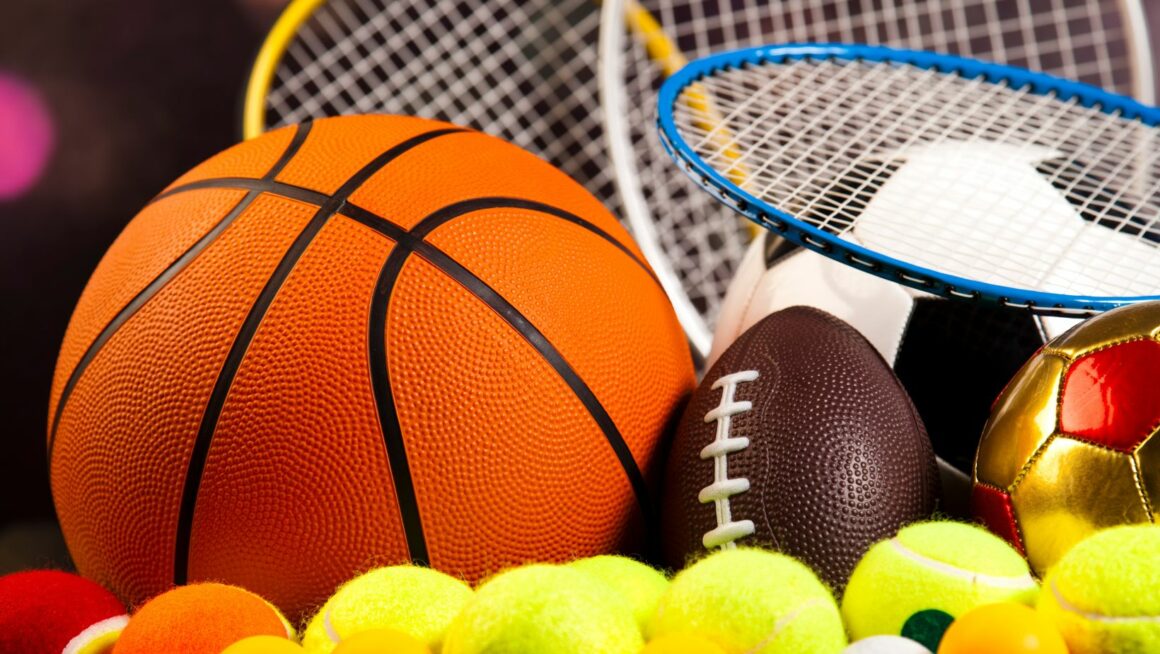As someone deeply passionate about the intersection of sports and performance, I’ve always been fascinated by the diverse range of opportunities available in the realm of sports performance jobs. From strength and conditioning coaches to sports nutritionists, the field offers a dynamic landscape for professionals looking to make a tangible impact on athletes’ success.
In this article, I’ll delve into the exciting world of sports performance jobs, exploring the various roles, responsibilities, and qualifications required to thrive in this competitive industry. Whether you’re a seasoned professional seeking new career prospects or a budding enthusiast looking to break into the field, understanding the nuances of sports performance jobs is crucial for navigating this fast-paced and ever-evolving sector. Join me as we uncover the key insights and trends shaping the future of sports performance careers.
Sports Performance Jobs
The Role of Sports Performance Professionals
As a sports performance professional, I’m immersed in a dynamic field that plays a vital role in enhancing athletic performance. My responsibilities span from developing personalized training programs to monitoring athletes’ progress and performance outcomes. Working closely with coaches and athletes, I analyze data to optimize training strategies and prevent injuries. It’s crucial to stay up to date with the latest research and technologies to deliver cutting-edge performance solutions.
Career Paths and Opportunities

When pursuing a career in sports performance jobs, having specific skills is crucial for success. Here are essential skills that can elevate your performance in this competitive industry:
Technical Expertise in Sports Science
In sports performance roles, a strong foundation in sports science is fundamental. Understanding concepts such as biomechanics, exercise physiology, and sports nutrition is essential for creating effective training programs tailored to individual athletes’ needs.
Strength and Conditioning Knowledge
Knowledge of strength and conditioning principles is indispensable in sports performance careers. Proficiency in designing periodized training programs, integrating injury prevention strategies, and optimizing athletes’ physical performance are key aspects of this skill set.
Data Analysis and Technology Proficiency
Proficiency in data analysis and technology is increasingly important in modern sports performance jobs. Being able to interpret performance data, utilize wearable technology for monitoring athletes, and leverage sports analytics software can provide valuable insights for enhancing training methodologies and performance outcomes.
Educational Pathways to a Career in Sports Performance
Degrees and Certification Programs

Continuing Education and Specialized Training
Continuous learning and specialized training are essential for staying current in the dynamic field of sports performance. Professionals can attend workshops, seminars, and conferences to expand their knowledge, learn about the latest trends, and network with industry experts. Pursuing advanced certifications, such as Certified Strength and Conditioning Specialist (CSCS) or Performance Enhancement Specialist (PES), enables individuals to specialize in areas like speed and agility training, injury prevention, or sport-specific conditioning. Engaging in mentorship programs and seeking opportunities for hands-on experience with athletes further enhances skills, credibility, and career advancement in sports performance.

